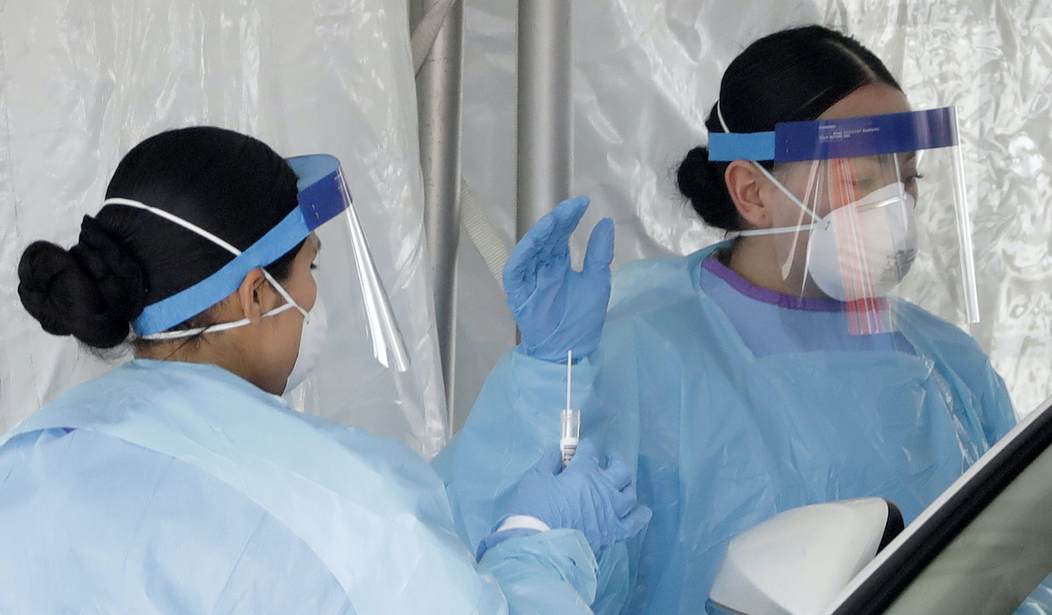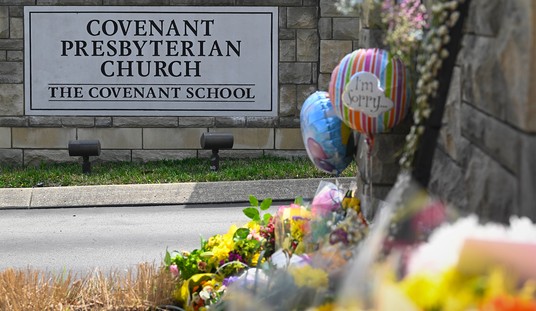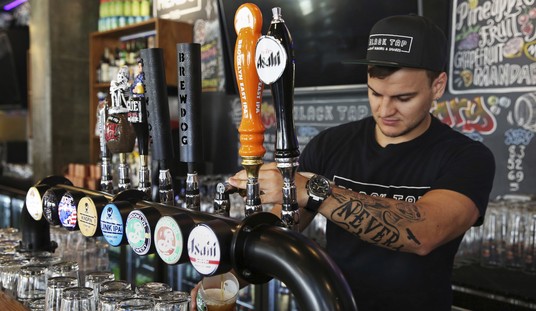There’s a big debate going on right now over just how serious the Covid-19 pandemic really is. Is this the new Black Death? Is it little worse than the regular flu season? Somewhere in between?
I can’t speak on that, really. I don’t have the relevant expertise to judge for myself.
What I do know, however, is that my hometown of Albany, Georgia is catching it pretty damn badly right now, and it’s the last thing we needed.
You see, a few years ago, we got hit with a series of storms. Tornadoes from two different storm systems hit the town, ravaging parts of the city. Later that year, we got hit by a hurricane. Luckily, it was only a category one when it got here, so we handled that one pretty well.
Then we got hit by Hurricane Michael the next year. Again, we were devastated, but we recovered.
Well, we’re still recovering. That recovery has slowed down thanks to the Covid-19 virus that is plaguing us (pun fully intended).
For most of you, Albany, Georgia is a place you may or may not have heard of. Right now, we’re getting some national media attention because of how hard we’re being hammered by this disease, but few actually know my hometown.
If you look for it on Google, you’re also likely to learn a few things. We’re a fairly high-crime city and impressively high poverty rate. We have a university here, but we also aren’t known for our educational system. At least not in a good way. We’re a city on the decline and nothing our city leaders have tried has turned that around.
Now, we’re a hot spot for a pandemic.
Currently, we have the highest per capita rate of infection in the state. Our raw numbers are on part with the Atlanta counties, but with a fraction of their population. In fact, while I’m not a math guy, my own figures put our per capita rate of infection up there near Seattle’s, just to put it in perspective.
Yeah, it’s bad.
Late last week, Mayor Bo Dorough issued a shelter in place order. Effective Sunday, he tightened it.
Mayor Bo Dorough, City of Albany, and Chairman Christopher S. Cohilas, Dougherty County Board of Commissioners, escalated to a more stringent Shelter-In-Place order in the wake of the Coronavirus (COVID-19) Pandemic and under the Authority of the Georgia Emergency Management Act of 1981. The order is in effect beginning 6 p.m. on March 22, 2020 through 11:59 p.m. on April 7, 2020, unless it is extended, rescinded, superseded, or amended in writing by the Mayor and Chairman.
The escalated order places additional restrictions on area businesses, as well as those who have either tested positive for COVID-19 and are recovering at home or those who are awaiting test results to adhere to the self-quarantine rule. An official signed copy of the order addressing these patients will be provided to them by Phoebe Putney upon discharge from the hospital.
Shelter-In-Place discourages all non-essential travel through the community and in and out of the community. It does not apply to those traveling to work in an essential business or essential government function, including health care operations, home health workers, essential infrastructure, including construction of housing and operation of public transportation and utilities, grocery stores, farmers’ market, food banks, convenience stores, businesses that provide necessities of life for economically disadvantaged individuals and shelter facilities, pharmacies, healthcare supply stores and healthcare facilities, gas stations and auto repair facilities, banks, etc. Essential businesses such as grocery stores will remain open, however, are not to exceed 50 percent occupancy at one time. Those patrons should be reminded to keep a six-foot distance from others for extended periods of time. Restaurants are prohibited from providing services in their dining rooms, but may provide drive-through, pickup/curbside, and delivery services. Bars, gyms, and similar businesses will continue to fall under the temporary closure order.
A lot of you reading this are under similar orders, I’m sure.
Others are being told to self-isolate and practice social distancing. Please, take it from me. Do that. Do that so you all don’t end up being basically under house arrest for anything other than doctor’s visits and grocery store runs.
Meanwhile, I’m sitting here finding out that four people in my neighborhood have tested positive for the disease. This is concerning because while I normally keep to myself, that wasn’t really the case a couple of weeks ago when there was a shooting in the neighborhood. We all talked about that for a couple of days, meaning I interacted with potential patients.
At this point, I’m probably OK, but it’s still kind of scary. Especially since my son has a history of asthma and my daughter needed breathing treatments not all that long ago.
Look, I’m not going to say this is the end of times. Not seriously, anyway.
I’m also not ready to call this nothing, either. It’s serious and people should take it as such.
However, I’ll also point out that there are other ramifications coming for this disease that have to be accounted for now.
As noted previously, we’re a notoriously poor community. We have a lot of poverty and a lot of working poor here. My neighborhood is full of working-class folks. Yet none of those working poor or working-class folks are really getting a chance to work. While restaurants can provide delivery and curbside pickup, the waiters and waitresses aren’t able to earn a living. Neither are a lot of other people who struggle from paycheck to paycheck.
Right now, we’re looking at another two weeks without these people being able to work, but these folks live on a thin margin as it is.
“Oh, they can file for unemployment,” some will say, and sure. Many can. Others still have a job, but greatly reduced hours. Can they? Further, unemployment is typically only a percentage of what you made. It’s not something that replaces your entire salary. When you’re barely squeaking by, unemployment helps, but not a lot.
At some point, a choice has to be made. Do these people get to go back to work as we take other steps to try and mitigate the spread of the disease, or do we tank our city’s economy to such a profound degree that we drive a stake through Albany’s already struggling economic heart?
Honestly, the virus could disappear tomorrow and we’d still be suffering, but at least it’s suffering we can endure through.
Some are advocating for three months of lockdown, though, and that would be beyond anything this city could survive.
I’m just thankful I work online. My family’s disruptions are minimal. We’re doing homeschooling despite being completely ill-equipped for homeschooling. We’re binge-watching television shows despite not particularly caring to do that. We’re spending a lot of time together as a family. Yet, for the most part, it feels like a kind of long weekend where we have nothing planned. I’m thankful for that. I work online and our income isn’t disrupted in the least.
But I’m the exception here, not the rule.
Pray for us. Pray for your own community. Keep your heads down and your powder dry. We’ll get through this, but who knows what the other side will really look like.








Join the conversation as a VIP Member